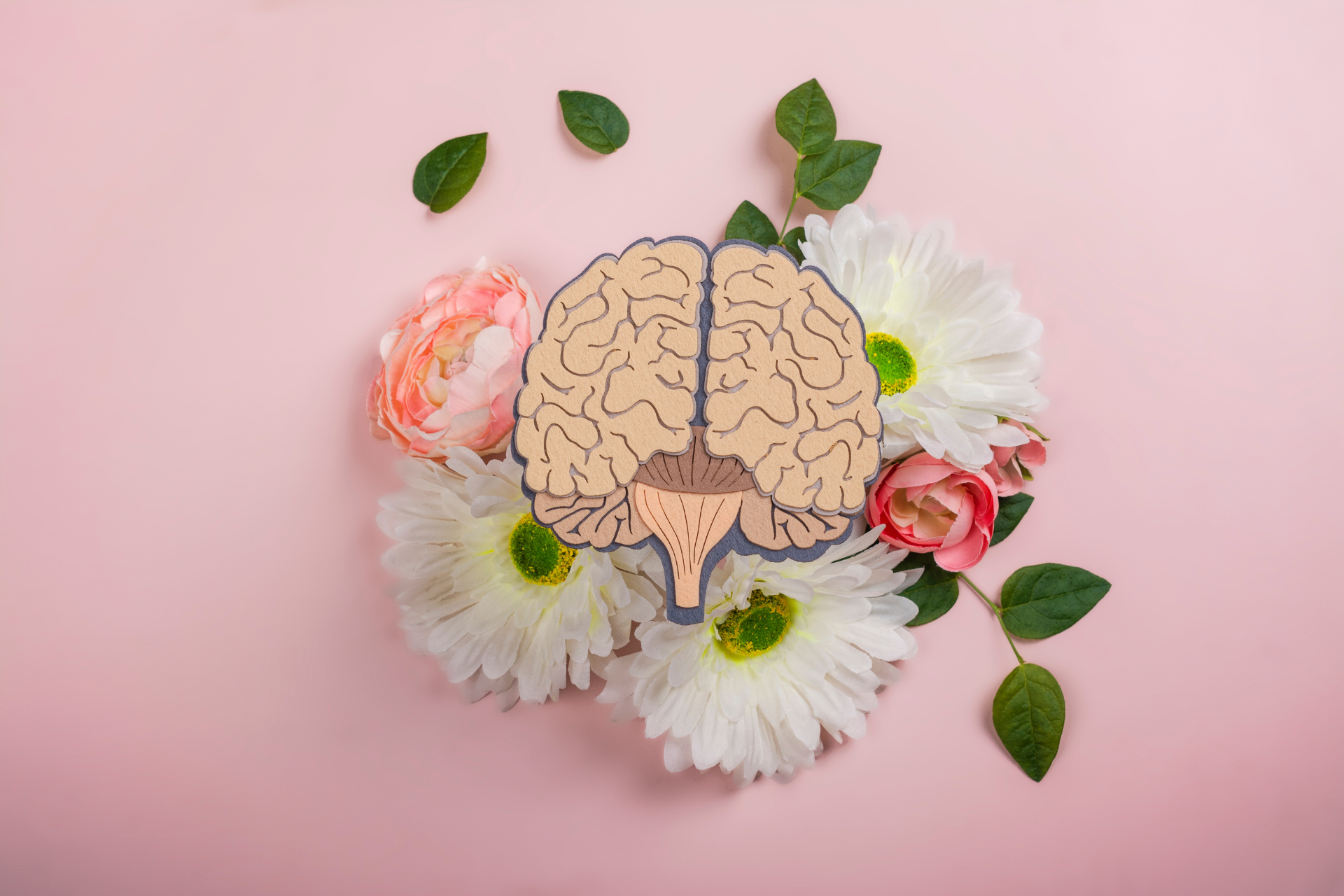The Importance of Mental Health Care in Modern Society
Key Takeaways:
- Mental health is crucial: It affects our emotional, psychological, and social well-being.
- Prioritize mental health care: Just like physical health, mental health deserves attention.
- Early intervention is key: Early identification and treatment can prevent severe issues.
- Personalized treatment plans: Tailored approaches are essential for effective care.
- Ongoing support matters: Continuous support helps maintain progress and prevent relapse.
- Reduce stigma: Open conversations and challenging stereotypes are crucial.
Mental health is paramount in modern society due to its profound impact on our overall well-being. Mental health, encompassing our emotional, psychological, and social well-being, significantly influences how we think, feel, and act. It shapes our relationships, work performance, and overall quality of life.
Emotional well-being allows us to navigate a range of emotions healthily, while psychological well-being supports our cognitive functions like thinking and problem-solving. Social well-being fosters strong relationships and effective communication. It's essential to be aware of shifts in our mental health, as changes in mood, thinking patterns, or behaviors can signal underlying issues. Recognizing these changes early on enables timely intervention and can prevent more serious problems. Prioritizing mental health through self-care, seeking mental health support when needed, and reducing stigma are crucial steps towards a fulfilling and balanced life.
Understanding the Value of Mental Health Care
Just as we seek medical attention for physical ailments, it's equally important to prioritize mental health care. Mental health conditions, such as anxiety, depression, and bipolar disorder, can significantly impact our daily lives. Ignoring these conditions can lead to serious consequences, including impaired relationships, reduced productivity, isolation, disconnection, and increased risk of substance abuse among various other things. By seeking professional mental health support, individuals can receive appropriate diagnosis, treatment, and support to manage their mental health challenges and live more fulfilling lives. By investing in mental health, we invest in the future of individuals and society as a whole.
Key Elements of Effective Mental Health Care
Effective mental health care involves a multi-faceted approach that addresses the unique needs of each individual. Here are some key elements:
- Early Intervention: Early identification and intervention of mental health issues can prevent them from escalating into more severe problems. Regular check-ins with healthcare providers can help detect potential issues early on.
- Comprehensive Assessment: A thorough assessment is crucial to accurately diagnose mental health conditions. This involves gathering information about symptoms, medical history, and lifestyle factors.
- Personalized Treatment Plans: Tailored treatment plans are essential for addressing individual needs. These plans may include therapy, medication, or a combination of both.
- Ongoing Support: Mental health recovery is often a journey, not a destination. Ongoing support, such as therapy sessions or support groups, can help individuals maintain their progress and prevent relapse.
- Stigma Reduction: Reducing stigma associated with mental illness is vital. By promoting open conversations and challenging stereotypes, we can create a more supportive environment for those struggling with mental health issues.
By prioritizing mental health care, we can improve our overall well-being, build stronger relationships, and contribute positively to society. Let's become aware of the barriers to mental health care and work towards a future where everyone has access to the support they need.
Friends of ASH is a dedicated nonprofit organization committed to enhancing the lives of patients at Austin State Hospital and bringing awareness to the community about Mental Health. Through various initiatives, they provide support and advocacy, organizing activities, programs, and events that contribute to patients' well-being and enjoyment. Friends of ASH strives to create a more positive and enriching environment for these individuals. To get involved, consider attending their upcoming events, such as volunteer days or fundraisers. By volunteering your time or making a donation, you can directly impact the lives of patients at Austin State Hospital and help create a brighter future for them. To learn more, visit friendsofash.org
FAQ
1. What are common signs of poor mental health? Common signs of poor mental health can vary from person to person, but some common indicators include:
- Persistent sadness or feelings of hopelessness
- Excessive worry or anxiety
- Difficulty concentrating
- Changes in appetite or sleep patterns
- Irritability or aggression
- Withdrawing from social activities
- Substance abuse
- Suicidal thoughts or attempts
2. How can I help someone struggling with mental health issues? Here are some ways to help someone who may be struggling:
- Be supportive and understanding: Listen actively, offer empathy, and avoid judgment.
- Encourage professional help: Suggest seeking help from a mental health professional, such as a therapist or counselor.
- Reduce stigma: Talk openly about mental health to normalize it and reduce stigma.
- Offer practical help: Assist with daily tasks, such as cooking or cleaning, if needed.
- Take care of yourself: It's important to prioritize your own mental health to be able to support others effectively.
3. What are some self-care strategies for mental health? Self-care is essential for maintaining good mental health. Here are some strategies:
- Practice mindfulness: Engage in activities like meditation or yoga to stay present and reduce stress.
- Get enough sleep: Aim for 7-9 hours of quality sleep each night.
- Eat a healthy diet: Nourish your body with nutritious foods.
- Exercise regularly: Physical activity can boost mood and reduce stress.
- Limit screen time: Reduce exposure to electronic devices to improve sleep and reduce anxiety.
- Connect with others: Spend time with loved ones and build strong social connections.
All Rights Reserved | Friends of Austin State Hospital
Website by EGS Marketing Solutions
All Rights Reserved | Friends of Austin State Hospital
Website by EGS Marketing Solutions
All Rights Reserved | Friends of Austin State Hospital











